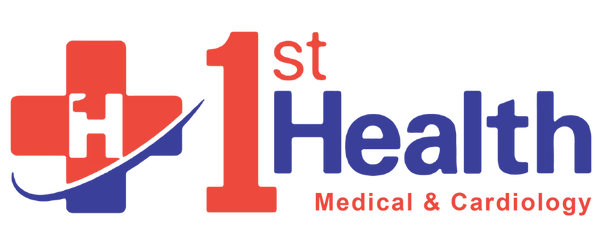
Urine Tests (urinalysis)
Urinalysis The human body is a complex and fascinating machine, and urine is one of the key ways it communicates its internal state. Urinalysis, also known as a urine test or UA, is a simple and non-invasive procedure that analyzes your urine to assess your overall health and detect potential



